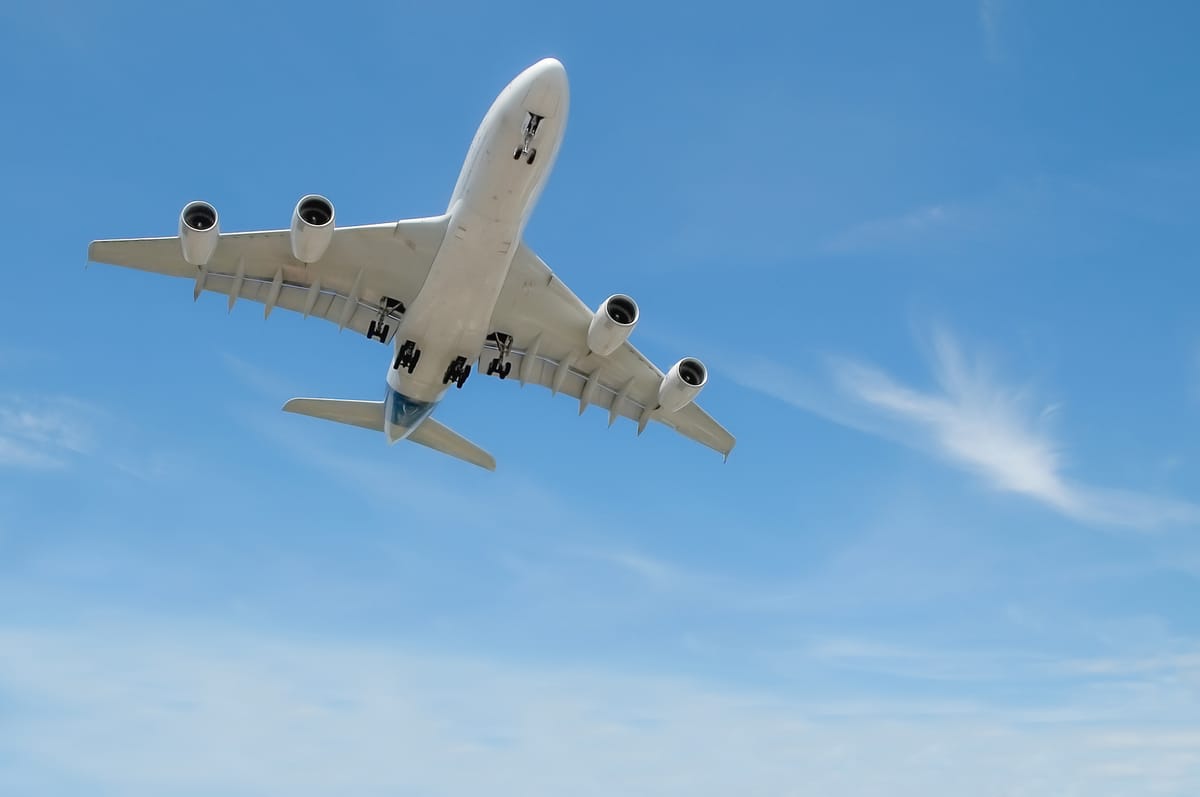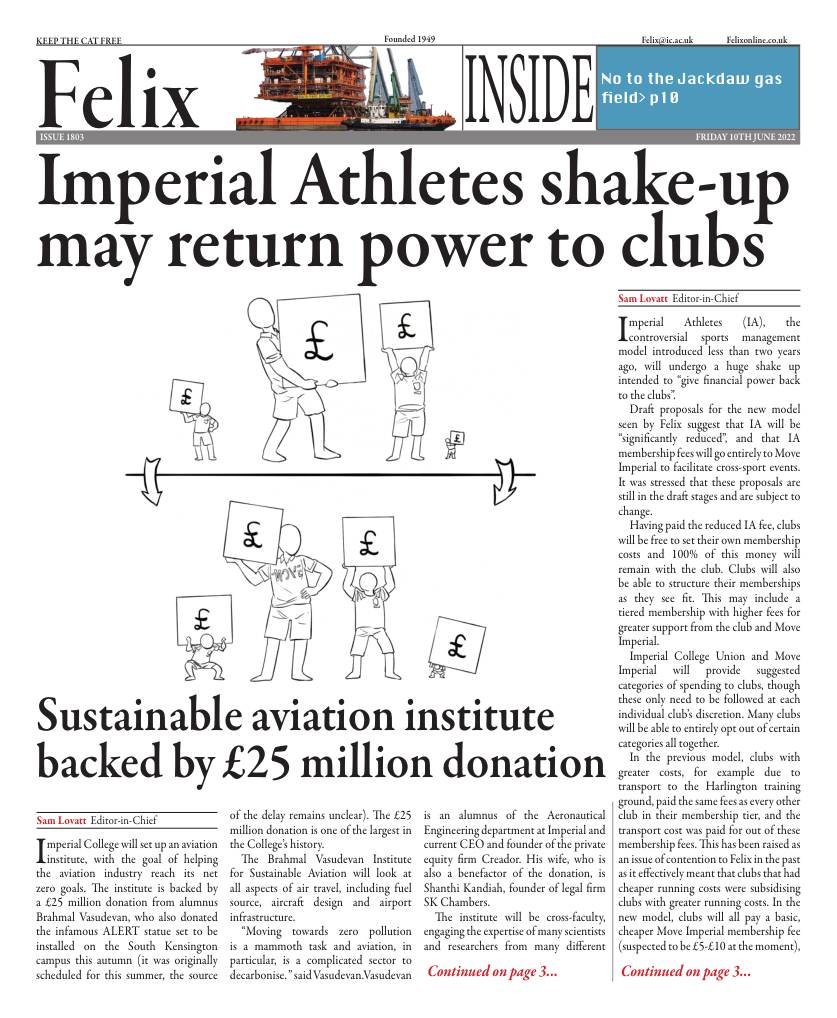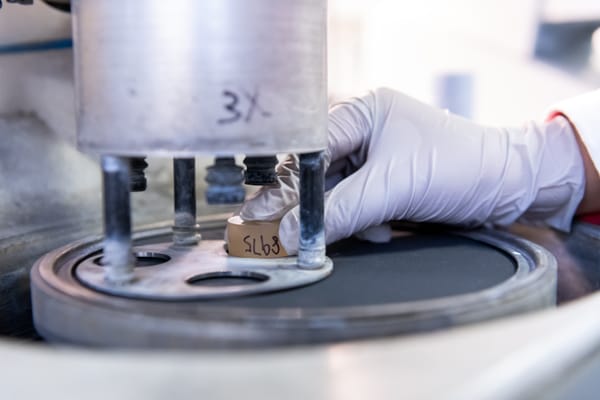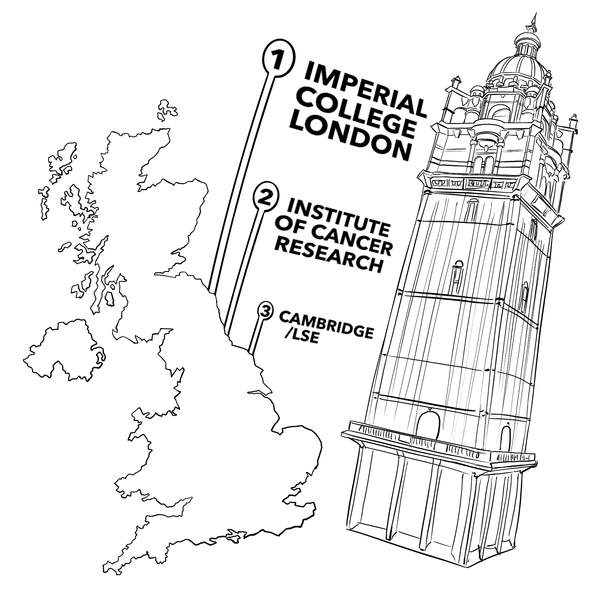Sustainable aviation institute backed by £25 million donation
A £25 million donation will back the establishment of a new sustainable aviation institute at Imperial College

Imperial College will set up an aviation institute, with the goal of helping the aviation industry reach its net zero goals. The institute is backed by a £25 million donation from alumnus Brahmal Vasudevan, who also donated the infamous ALERT statue set to be installed on the South Kensington campus this autumn (it was originally scheduled for this summer, the source of the delay remains unclear). The £25 million donation is one of the largest in the College’s history.
The Brahmal Vasudevan Institute for Sustainable Aviation will look at all aspects of air travel, including fuel source, aircraft design and airport infrastructure.
“Moving towards zero pollution is a mammoth task and aviation, in particular, is a complicated sector to decarbonise. ” said Vasudevan.Vasudevan is an alumnus of the Aeronautical Engineering department at Imperial and current CEO and founder of the private equity firm Creador. His wife, who is also a benefactor of the donation, is Shanthi Kandiah, founder of legal firm SK Chambers.
The institute will be cross-faculty, engaging the expertise of many scientists and researchers from many different faculties across the College. Vasudevan said “Shanthi and I believe that there is no better institution in the world to drive pioneering work in this field, and we are delighted to support Imperial’s efforts”.
President Alice Gast said “We are deeply grateful to Brahmal and Shanthi for their generosity and vision. They have provided us with an unprecedented opportunity to take on one of the greatest challenges in the fight against climate change”.
Air travel companies are coming under increasing pressure from the public and governments to reach net zero in emissions, at the latest by 2050. Last year the aviation giant Airbus announced it was confident in developing a hydrogen-powered plane by 2035, but that more support from government was currently needed.
In 2021 the Department for Transport published a consultation entitled the ‘Sustainable aviation fuels mandate’, highlighting that a mix of hydrogen, electric and sustainably fuelled aircraft were likely to play a part in the future of net zero aviation. Particularly, it highlighted that long-haul flights would be particularly difficult to power using non-fuel means, such as hydrogen and electricity.
In March it was announced that the Aerospace Technology Institute had been granted £685 million from the government over the next three years to fund innovation research in partnerships with the private sector.
Aviation accounts for 2.5% of global CO2 emissions and 3.5% of total global warming, according to ourworldindata.org.









